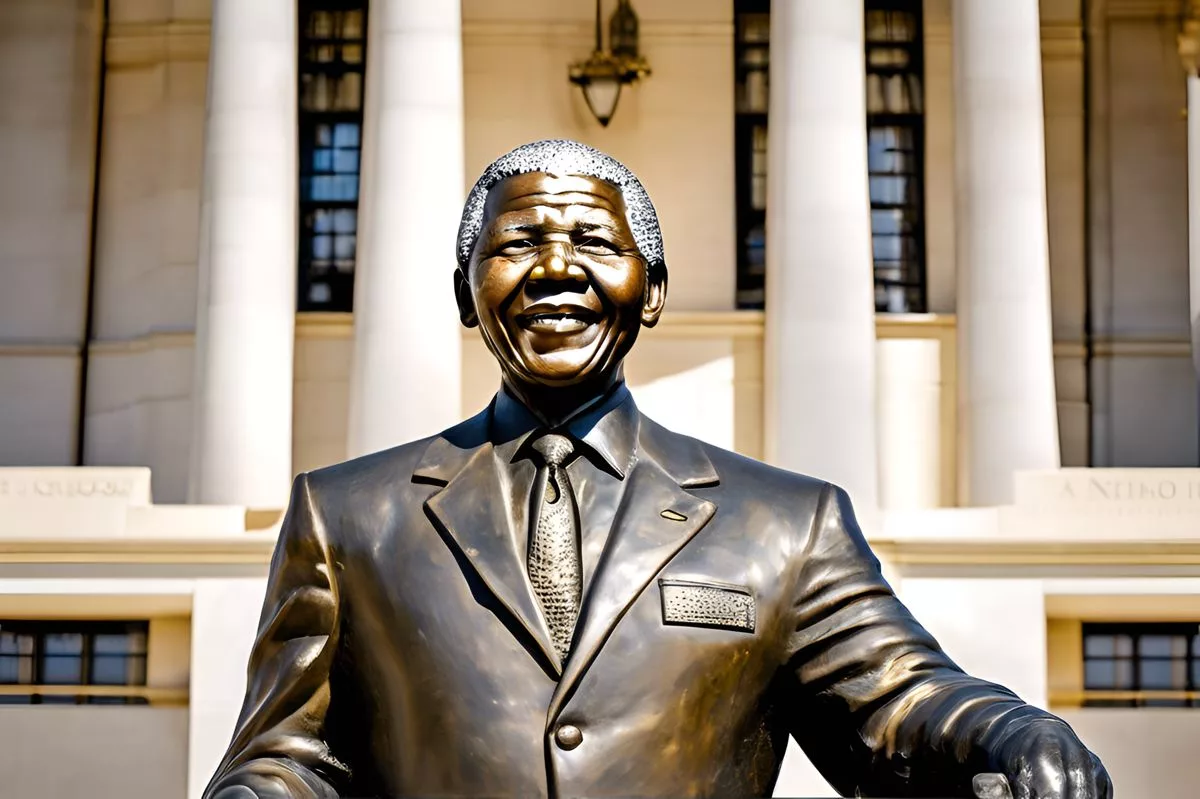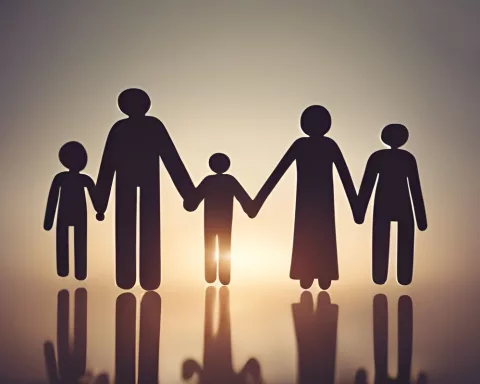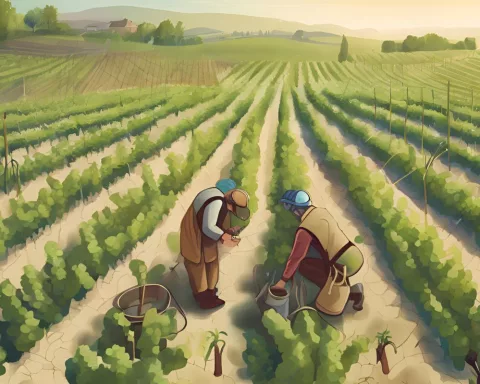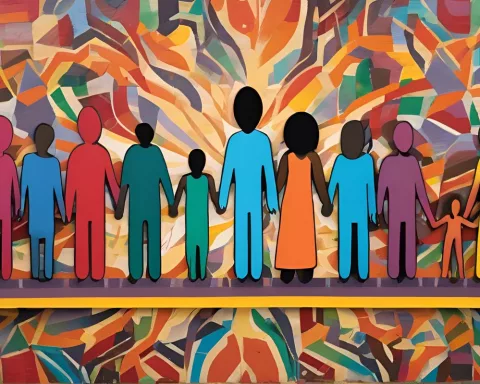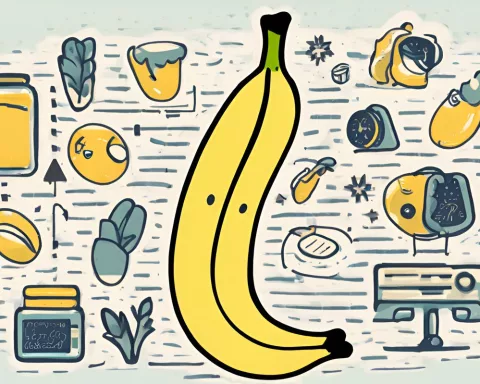The evolution of democracy in South Africa began in 1994 with the collapse of the apartheid era and the birth of a new period. The national Constitution represents the ambitions of a nation battling for democratic norms, social justice, and basic human rights. Over the years, Parliament has improved the lives of millions through its legislative functions, but South Africa still struggles with societal problems like poverty, corruption, crime, violence, unemployment, gender-based violence, and disparity. Despite these challenges, the country’s progress towards democracy and freedom is a narrative of hope and resilience.
What is the Evolution of Democracy in South Africa?
South Africa’s democratic transformation began in 1994, marking the collapse of the apartheid era and the birth of a new period. The national Constitution, referred to as a ‘living document’, represents the ambitions of a nation battling for democratic norms, social justice, and basic human rights. Over the years, Parliament has immensely improved the lives of millions through its legislative functions, enhancing democratic tenets through effective oversight, exhaustive legislative tasks, strong public involvement, and strategic global partnerships. However, South Africa is still wrestling with societal problems like poverty, corruption, crime, violence, unemployment, gender-based violence, and disparity.
South Africa’s democratic transformation, which took off three decades ago, symbolizes the resilience and audacious spirit of its people. It’s a narrative of hope, encapsulating the country’s struggle from the harsh era of apartheid to a constitutional democracy that upholds human dignity, equality, and human rights as codified in the Constitution.
The Dawn of a New Era
On April 27, 1994, South Africa experienced a pivotal moment in history when citizens from all races and beliefs cast their votes for the first time. This marked the collapse of the repressive apartheid era and the birth of a new period. A period where people’s potential was to be harnessed, societal fractures mended, and every inhabitant equally safeguarded by the law. This significant date serves as a reminder of South Africa’s impressive progress towards democracy and freedom.
The foundation of this burgeoning democracy was the national Constitution, often referred to as a ‘living document’. It represents the ambitions of a nation battling for democratic norms, social justice, and basic human rights. This document honors the heroes who paid the ultimate price for the liberty that South Africans relish today. These unheralded champions formed the backbone of the first democratic general election that carved a fresh path for the nation.
Milestones and Achievements
A noteworthy landmark in this democratic voyage was the appointment of Nelson Mandela as President by the National Assembly on May 9, 1994. His inaugural State of the Nation Address as the President of a democratically elected Parliament, presented on May 24, underscored the Constitution’s crucial role in driving change. He stressed the value of legislative tools in uplifting lives and the responsibility of Parliament in ensuring government oversight and public input on policy.
Parliament, indeed, has been key in realizing the South Africa imagined by its citizens. Over the last 30 years, Parliament has immensely improved the lives of millions through its legislative functions. It has shown unwavering allegiance to its constitutional duties, enhancing democratic tenets through effective oversight, exhaustive legislative tasks, strong public involvement, and strategic global partnerships.
Parliament, serving as the people’s voice, has given a national stage for conversations on matters that impact the South African populace. In the past thirty years, Parliament has abolished outdated apartheid-era laws, clearing the way for legislation that has molded the country’s destiny and enhanced numerous lives.
Progressive Legislation and Persistent Challenges
Progressive laws like the Termination of Pregnancy Act of 1996 and the 2006 law acknowledging same-sex marriages exemplify South Africa’s forward-thinking path. These pivotal laws have guaranteed inclusivity, transparency, and the safeguarding of human rights.
Parliament has also made substantial strides in areas such as access to water, education, healthcare, housing, and social aid. The Social Assistance Act and the South African Social Security Agency (SASSA) Act of 2004 were pivotal in addressing the societal issues of the apartheid past. They provided a much-needed lifeline to millions of impoverished and marginalized South Africans through social grants payouts.
However, South Africa is still wrestling with societal problems like poverty, corruption, crime, violence, unemployment, gender-based violence, and disparity. To tackle these issues head-on, there’s a pressing need for unity and collaborative action.
Parliament’s commitment to tackling corruption is evident in its execution of the State Capture Commission‘s recommendations. A set of legislative actions, oversight mechanisms, and transparency initiatives have showcased Parliament’s determination to tackle the systemic problems identified by the Commission.
Looking to the Future
As the 2024 national and provincial elections approach, South African citizens hold a crucial responsibility. Parliament implores citizens to participate en masse, marking the historic achievement of 30 years of democracy.
As South Africa commemorates 30 years of constitutional democracy, Parliament reasserts its commitment to broadening the boundaries of freedom. It continues to fulfill the founding provisions of the Constitution, ensuring human dignity, achieving equality, and promoting human rights through law-making.
Parliament urges all citizens to contemplate their contribution to shaping their circumstances and to think about their collective duties as active participants. This aligns with the spirit of Freedom Day, emphasizing the importance of each individual’s role in the ongoing journey towards a prosperous democracy.
1. When did the evolution of democracy in South Africa begin?
The evolution of democracy in South Africa began in 1994 with the collapse of the apartheid era and the birth of a new period.
2. What is the national Constitution in South Africa?
The national Constitution in South Africa is referred to as a ‘living document’ that represents the ambitions of a nation battling for democratic norms, social justice, and basic human rights.
3. How has Parliament improved the lives of millions in South Africa?
Over the years, Parliament has immensely improved the lives of millions through its legislative functions. It has enhanced democratic tenets through effective oversight, exhaustive legislative tasks, strong public involvement, and strategic global partnerships. Parliament has given a national stage for conversations on matters that impact the South African populace.
4. What are some societal problems that South Africa still struggles with?
South Africa still struggles with societal problems like poverty, corruption, crime, violence, unemployment, gender-based violence, and disparity.
5. What are some progressive laws that South Africa has passed?
South Africa has passed progressive laws like the Termination of Pregnancy Act of 1996 and the 2006 law acknowledging same-sex marriages that have guaranteed inclusivity, transparency, and the safeguarding of human rights.
6. How can South African citizens contribute to the ongoing journey towards democracy?
Parliament urges all citizens to contemplate their contribution to shaping their circumstances and to think about their collective duties as active participants. As the 2024 national and provincial elections approach, South African citizens hold a crucial responsibility to participate en masse, marking the historic achievement of 30 years of democracy.

